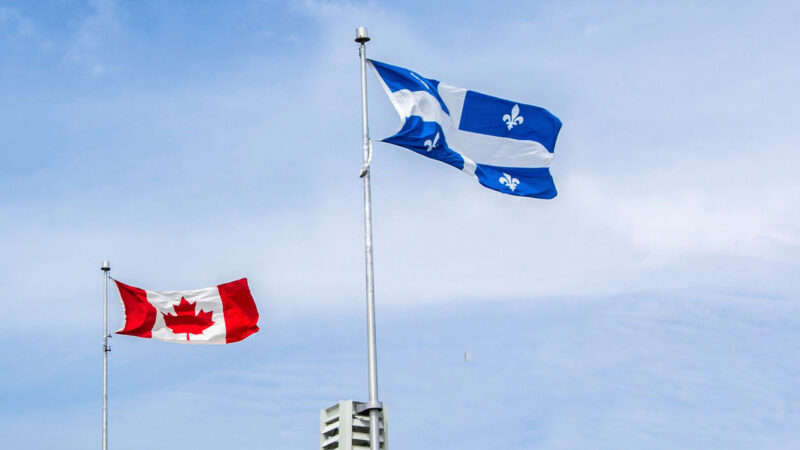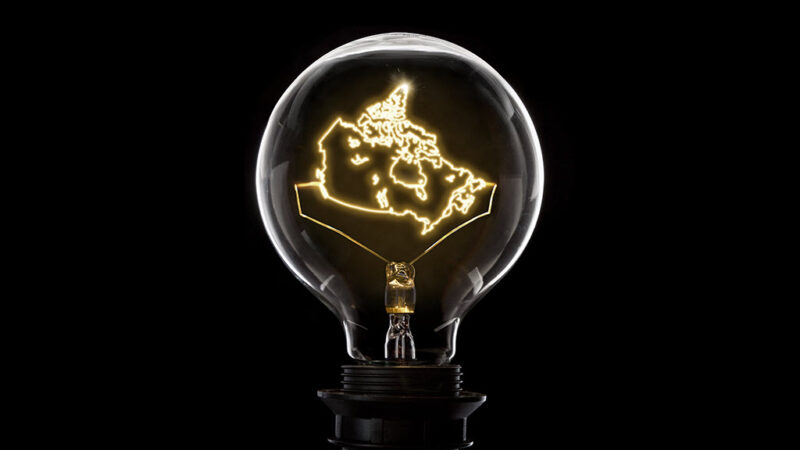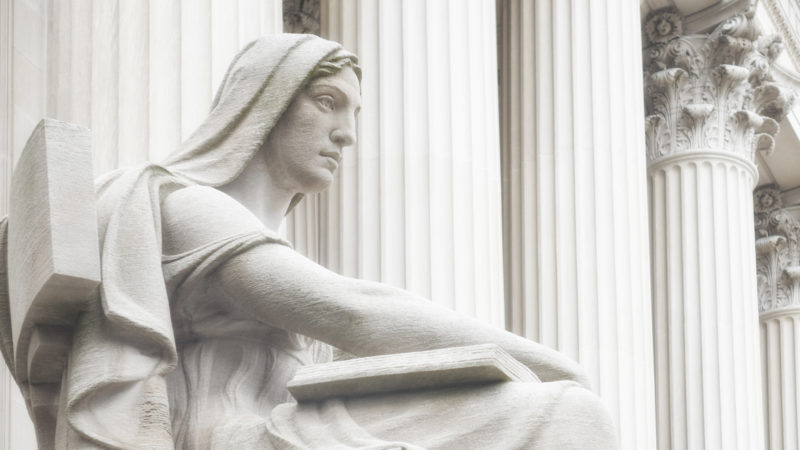As reported in an earlier ANGLE post, we discussed how 2021 saw a number of patent office developments with regard to whether a non-human entity could be considered an inventor under various patent regimes. Prior to 2021, several patent offices had considered this issue and found that A.I. could not be considered an inventor. In 2021, however, an Australian Court found that a non-human “inventor” is not inconsistent with inventorship under Australian law and South Africa issued a patent designating an A.I. system as the inventor.
It would appear at the end of 2021 that some patent offices were trending towards recognizing a non-human entity, like A.I. based technology, as an inventor. Could this trend continue?
Maybe not. With a decision just before Christmas of 2021 from European authorities, any such trend may have been stopped in its tracks.
Continue reading »





